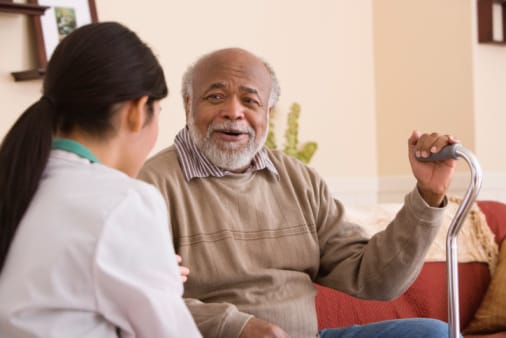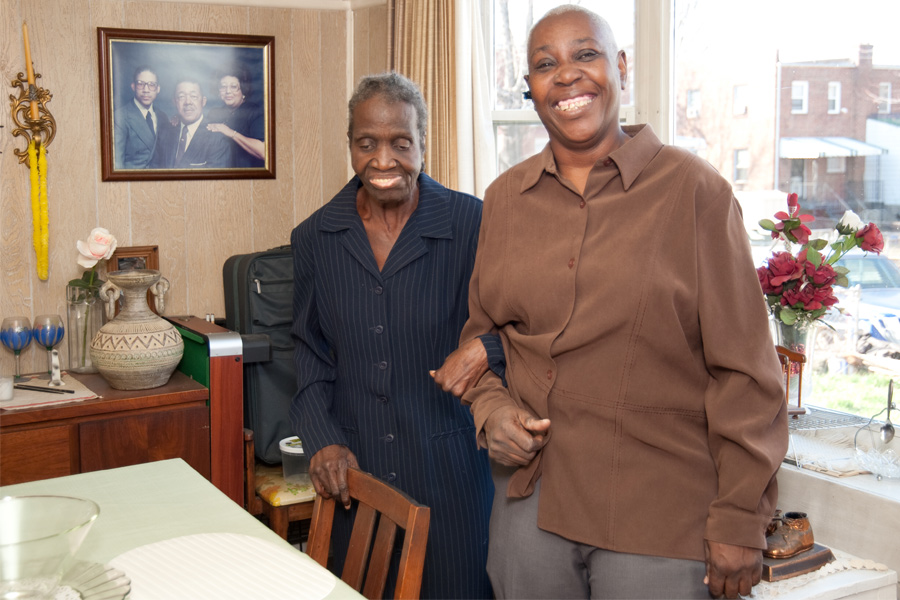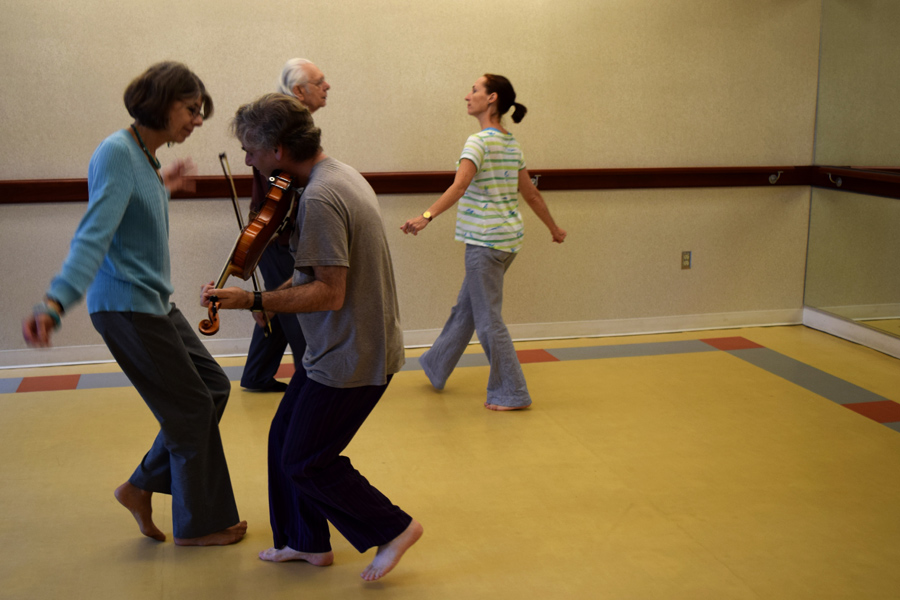Critical topics and questions to consider when you’re aging solo

Are you wondering who will still need you – and feed you – when you’re 64? Or, better yet in this time of increased longevity, when you’re 84 or even 104?
You’re not alone. More and more, people are aging without a family member or friend nearby who could take on the role of a caregiver or health care decision-maker. In fact, more baby boomers are single than in previous generations, and more are childless.
This growing care gap presents challenges because as people grow older, health changes may make it difficult for them to live alone without supports. So how do you get the care you need if you’re “aging solo?” And who will serve as your advocate if there’s a need to make decisions about health care or living arrangements?
Staying in charge when aging solo requires being proactive and creative. It’s about taking action now to piece together the support you may need in the future.
Here are some critical topics and questions to consider:
1. Quality of life: Is your current living situation one where you can easily access transportation, shops, medical care, and companionship? If not, you may need to think about making a move while you are healthy and active. You could choose to relocate to a continuing care retirement community, but there are other housing options like co-housing, or sharing a home with a group of other people.
2. Health care decision-making: It’s important to look at your social network, both local and long distance, and think about who you might trust to make health care decisions for you. While it’s ideal to have a local advocate, even if your trusted decision-maker is across the country, it still makes sense to get that person involved and supplement their help with local support. Wherever your health care decision-maker lives, it’s important to complete an advance directive, including a health care power of attorney, and make sure your decision-maker has a copy and knows what your preferences are.
3. Navigating in a health crisis: Can you and a local friend make an agreement to be on call for each other in the event of a hospitalization? Additionally, some people choose to hire a care manager to be on call. Iona offers this service through Iona Care Partners.
4. Supportive services: Many people are able to remain in their own homes as they age through a range of supportive services through the aging services network, and neighborhood Villages. Investigate those services in advance so you know what’s available in your community.
Have any other ideas for how to stay connected when you’re 64 and beyond? Let us know in the comments!
If you’re feeling anxious or unsure about your social support as you age, you’re not alone. Iona can help.
Iona’s Take Charge/Age Well Academy is offering a five-session workshop series dedicated to helping you navigate aging solo. The series will take place on April 4, 11, 18, 25 and May 2, 2018 from 3:30 – 5:00 PM. It will offer presentations and guided-discussions on the critical decisions you need to make now and in the future. Learn more and register for the class here.
Related Articles

The Stories of Dementia in the District

A Couple’s Vows Create Opportunities to Age Well

Can You Imagine Taking Three Buses to Get to Iona?

